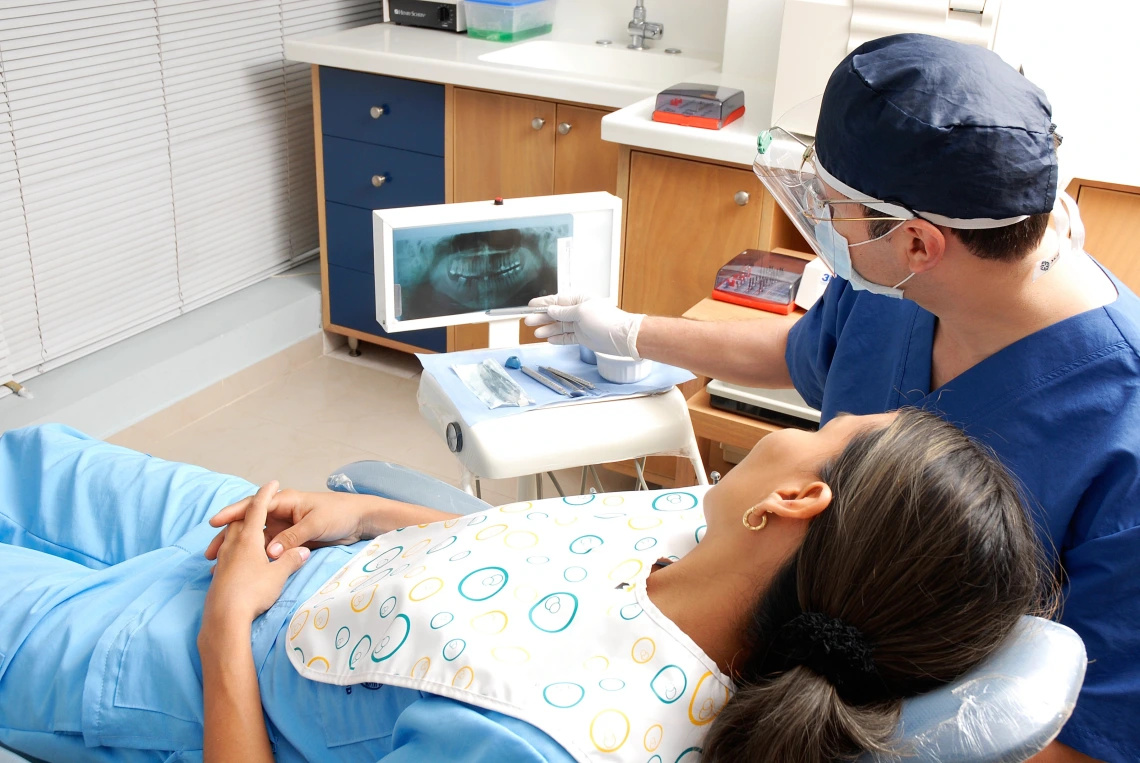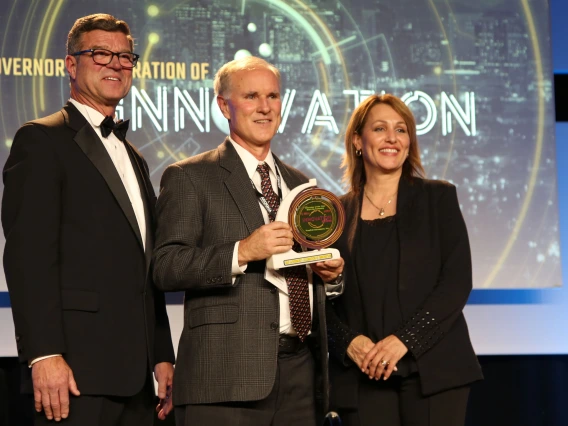Researchers Develop System to Address $150B Health Care Losses Due to No-Shows
Developed in the College of Engineering, the system has been licensed to startup Hipokratiz LLC to bring it to the market.

Technology developed in the College of Engineering aims to reduce the number of patients who don't show up for scheduled medical appointments.
The health care industry loses about $150 billion each year due to no-shows for doctors’ and dentists’ appointments. From not being able to take time away from work to affordability to a lack of insurance, reasons abound that prevent patients from going for their checkups. On the practice side, inefficiencies in systems and staffing compound the problem.
Whatever the reason, the sad result remains: Patients do not get the care they need. And one patient missing their appointment unknowingly wastes a block of time that could have been used by someone else in need of care. Vinodh Subramanian, who graduated in May 2019 with a master's degree in systems and industrial engineering from the University of Arizona, has been studying the many factors that make us keep and attend -- or forego -- these visits to our health care providers. In collaboration with his adviser Robert Lepore, director of the Engineering Management Program and instructor at the UArizona College of Engineering, Subramanian has developed a deep understanding of the problem along with a solution to reduce appointment no-shows in medical practices using systems thinking principles.
“Our goal is to encourage patients to get the care they need, when they need it, at their own comfort, without needing to wait, travel, or take off from their work,” said Subramanian. Based on his research, their algorithm is allowing them to envision and build “products that will bring patients and the providers much closer by eliminating any human and system inefficiencies.”
While the work served as the basis for his graduate thesis, he is taking it forward with an impactful vision.
“Our first goal is to build an enterprise telemedicine platform we’re calling ConsultationTM that will help patients self-schedule their appointments with their preferred care providers,” said Subramanian. “Once they’ve booked their appointment, patients can choose to get their consultation over live video with the providers, or they can choose to visit the provider in person, based on their comfort.”
He said that the system, which will initially be focused on the dental field, will help the patients show for their appointments by alleviating fear through introductory video consultations. The technology seamlessly integrates all the key components -- from patient recruitment to HIPAA-approved video consultations to appointment reminders -- providing a complete solution for health care practitioners, as opposed to the current practice of having to cobble together multiple disconnected services. Subramanian has worked with Tech Launch Arizona, the commercialization arm of the university, to create a strategic plan and license the invention to his startup, Hipokratiz, LLC. “The algorithm they developed minimizes no-shows,” said TLA Senior Licensing Manager Bob Sleeper. “And they’ve already got a business model, and people are using it.”
TLA helped Subramanian through the entire commercialization process, and he took full advantage of two of the many free programs available for UArizona startup teams: Mentors-in-Residence and I-Corps, a short series of classes that help entrepreneurial inventors to better understand their customers.
“I-Corps was one the best resources available to us as a research-based startup,” Subramanian said. “Oftentimes as researchers, we develop bias towards our own findings and solutions and never pay heed to what the customer or the market wants. I-Corps was very helpful in eliminating this bias, and it forced us to get out of the lab and classroom, and made us talk to our customers to understand their perspectives.”
He also got matched with TLA Mentor-in-Residence Barry Glick, who he said was instrumental in helping him shape Hipokratiz as a company.
“Vinodh is well-positioned to be at the forefront of medical care, taking full advantage of the spectrum of digital software-based tools,” said Glick. “It’s been a pleasure for me to help guide Vinodh though the initial phases of startup development.”
According to Glick, the integrated services Hipokratiz is commercializing will benefit both providers and patients; increase provider revenue while decreasing cost and inefficiency; and provide patients with a more convenient, less intimidating approach to getting needed care.
“As a scientist, Barry was able to understand our research, and as an entrepreneur, he was quickly able to visualize the market potential of the invention and guide us on how we should approach our commercialization plans,” said Subramanian. “Most importantly, he pushes his mentees to think outside of the box, and he never lets us settle for mediocrity nor take things for granted.”



